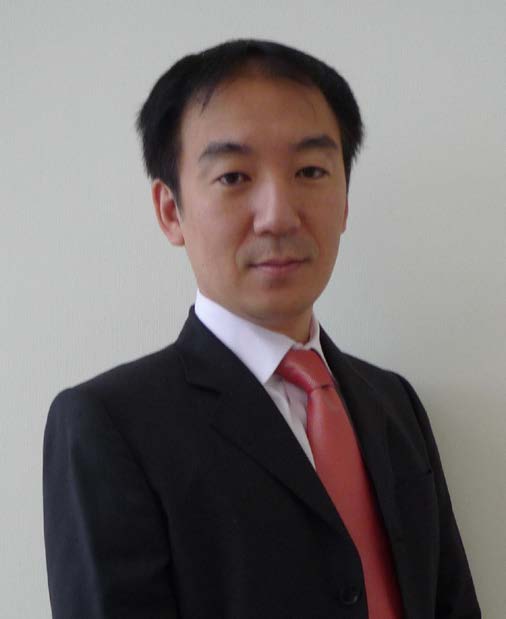|
ICME
CME 2012 Conference
Plenary
Talk 3
Molecular neuroimaging of emotional decision making in human
Hidehiko Takahashi, M.D., Ph.D.
Professor
Department of Psychiatry, Kyoto University Graduate School of Medicine
Department of Molecular Imaging, National Institute of Radiological Sciences
Japan Science and Technology Agency (JST)
Precursory Research for Embryonic Science and Technology (PRESTO)
E-mail:hidehiko@kuhp.kyoto-u.ac.jp

Abstract:
We sometimes make irrational decision-makings (altruistic behavior, moral judgment gamble etc.), which is not accounted for by normative economic theories (e.g. expected utility theory) that assume that individuals are rational decision makers and have purely self-regarding preferences. These irrational decision-makings are highly influenced by emotions. A leading alternative to the expected utility theory is the prospect theory. Central features of the prospect theory are non-linear probability weighting and loss aversion. We behaviorally estimated the degree of non-linearity of probability weighting, and measured dopamine receptor density by positron emission tomography (PET) in healthy volunteers. We found that people with low D1 receptor density in the striatum showed more non-linear probability weighting (more pronounced overestimation of low probabilities and underestimation of high probabilities). We also examined relationship between the degree of loss aversion and norepinephrine transmission by PET. Our finding was that people with low norepinephrine transporter density in the thalamus tended to be more loss averse. Our approach may shed light on neurotransmission effects on emotional and boundedly rational decision-making in our daily life. At the same time, understanding the molecular mechanism of extreme or impaired decision-making can contribute to the assessment and prevention of drug and gambling addiction.
Hidehiko Takahashi
is Associate Professor in Department of Psychiatry, Kyoto University Graduate School of Medicine, and a researcher of Precursory Research for Embryonic Science and Technology (PRESTO), Japan Science and Technology Agency (JST). He is doing neuroimaging studies about social emotions and social decision-making in healthy volunteers as well as in neuropsychiatry disorders. He is conducting numerous interdisciplinary projects combing basic neuroscience clinical neuroscience and social sciences. He has published many fMRI papers on social emotions and social decision-making. Recently, he is utilizing molecular neuroimaging technique (PET) to elucidate the role of neurotransmitter (dopamine, serotonin etc) in (social) decision-making.
He has received research grants from various sponsors, and international and national awards [Young Scientist Award from Minister of Education, Culture, Sports, Science and Technology, from Japanese Society of Biological Psychiatry, from Japanese Society of Nuclear Medicine and Bälz Award (joint) etc].
|